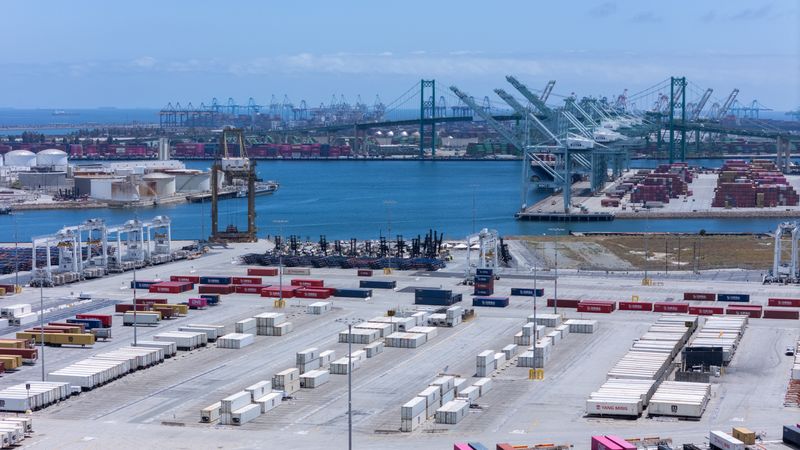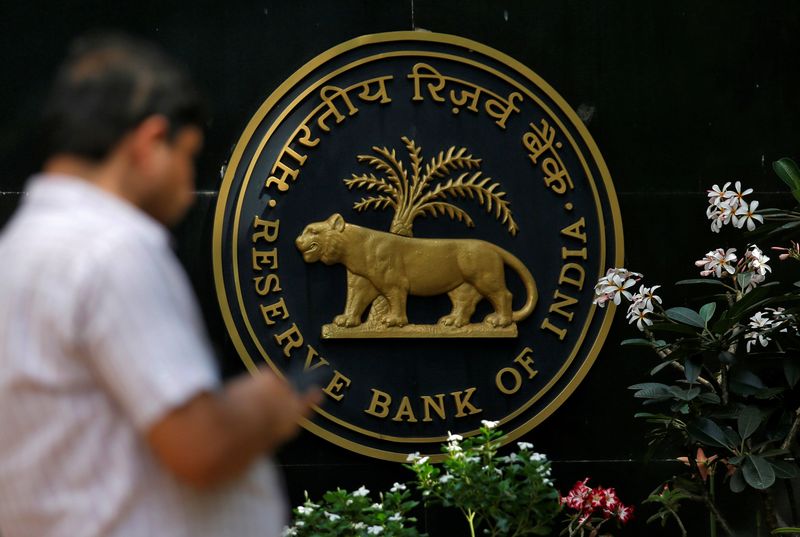Nishith Desai’s roadmap to unlock the next phase of GCCs in India
Nishith Desai Associates highlights four key policy reforms India must pursue to remain a global hub for capability centres.


India is currently home to over 1,600 Global Capability Centres, with projections estimating more than 2,400 by 2030. From being low-cost tech support centres, GCCs have transformed into hubs for innovation, data science, product design, and even ESG strategy.
However, to sustain and scale this growth, a new report by Nishith Desai Associates (NDA), titled Policy Reforms for Catalysing the Next Phase of GCC Growth, outlines four key policy interventions the Indian government must act on.
1. Streamline ease of doing business
The first and most fundamental pillar, according to NDA, is to make the business environment seamless. While India has made progress in reducing red tape, many foreign firms still face complex multi-state compliance hurdles and unclear regulatory pathways.
The report suggests a single-window clearance system across central and state levels. It also recommends standardising labour laws, tax rules, and digital filing systems to avoid bureaucratic bottlenecks and delays.
2. Modernise tax and employment frameworks
A second, equally vital intervention is tax and employment reform. India’s existing tax and employment frameworks were designed in an era when outsourcing was the norm. Today’s GCCs, however, play a central role in global strategy.
The report calls for greater clarity on transfer pricing norms, simplified tax holiday structures, and easier repatriation of profits. It also recommends relaxing rigid employment codes to enable flexible hiring models and facilitate the engagement of global executives in Indian operations.
3. Incentivise R&D and innovation
With many GCCs now handling high-end R&D and core product innovation, India needs to offer targeted incentives to match this shift.
NDA proposes tax credits for IP development, quicker patent clearances, and funding support for deep tech initiatives housed within GCCs. Additionally, a public-private fund to co-finance frontier tech research in areas like AI, quantum computing, and green energy could drive higher value creation from Indian centres.
4. Establish robust digital and data infrastructure
India’s Digital Personal Data Protection Act (DPDP) is a step in the right direction, but GCCs still face compliance challenges when handling cross-border data transfers.
The report recommends data localisation clarity, updated IT infrastructure guidelines, and alignment with global standards like GDPR. Moreover, enhanced cloud capacity, 5G rollout, and trusted internet pathways are essential to ensure uninterrupted, secure digital operations across GCCs.
What’s at stake?
India is already a preferred destination for GCCs, but competitors like the Philippines, Vietnam, and Eastern Europe are catching up. If India wants to continue its leadership, the next five years are crucial. These four policy moves, if implemented, could unlock faster onboarding of new GCCs, drive innovation, and create high-value employment across Tier 1 and Tier 2 cities.











.png)
























































































































































































